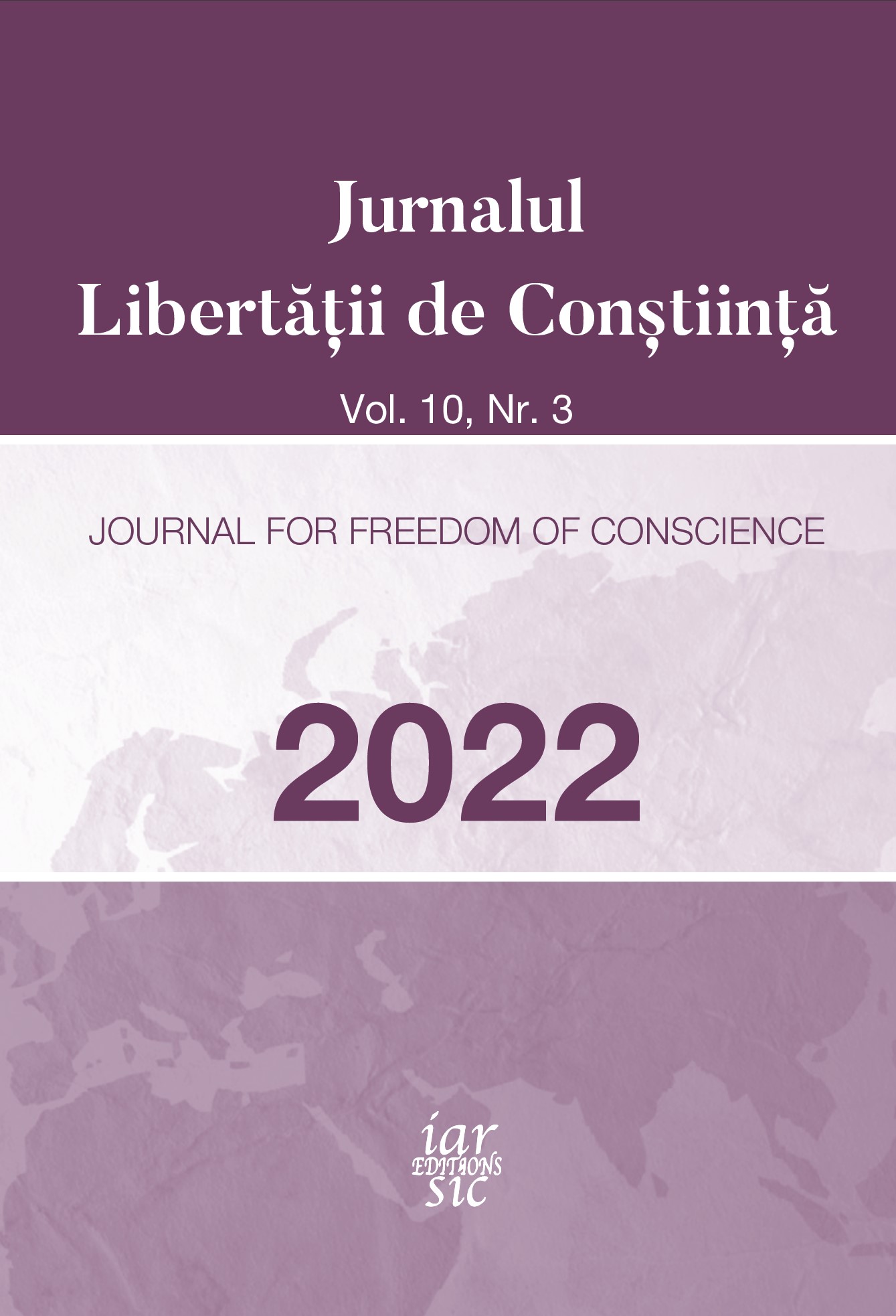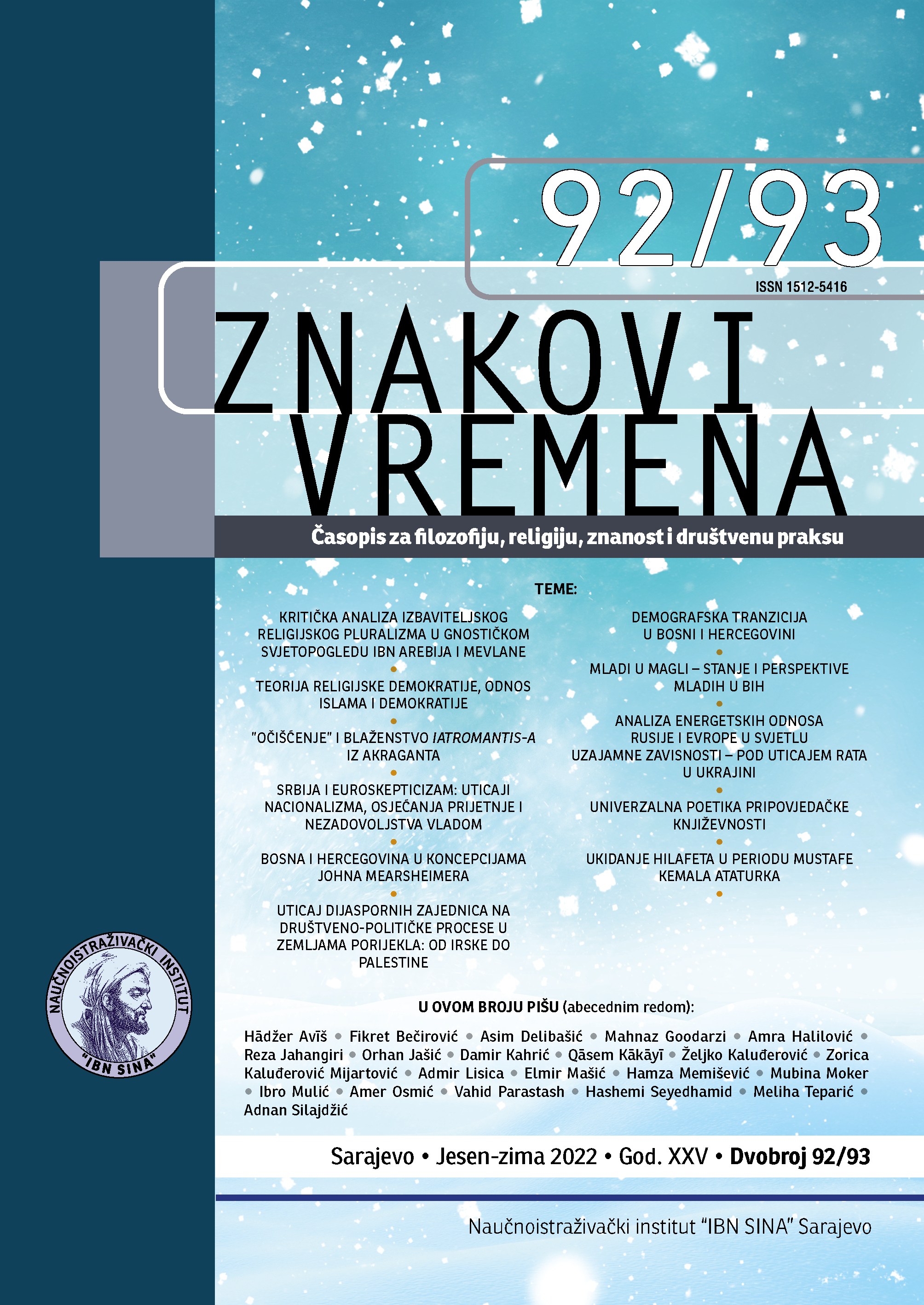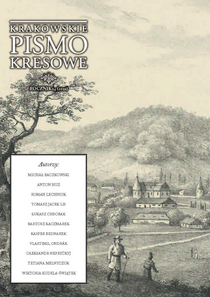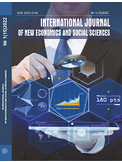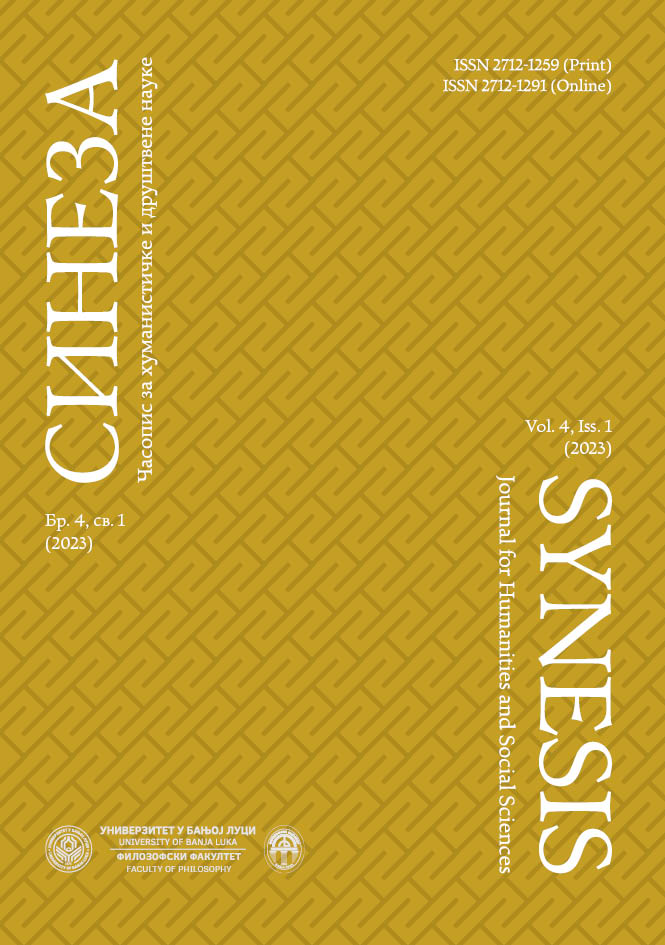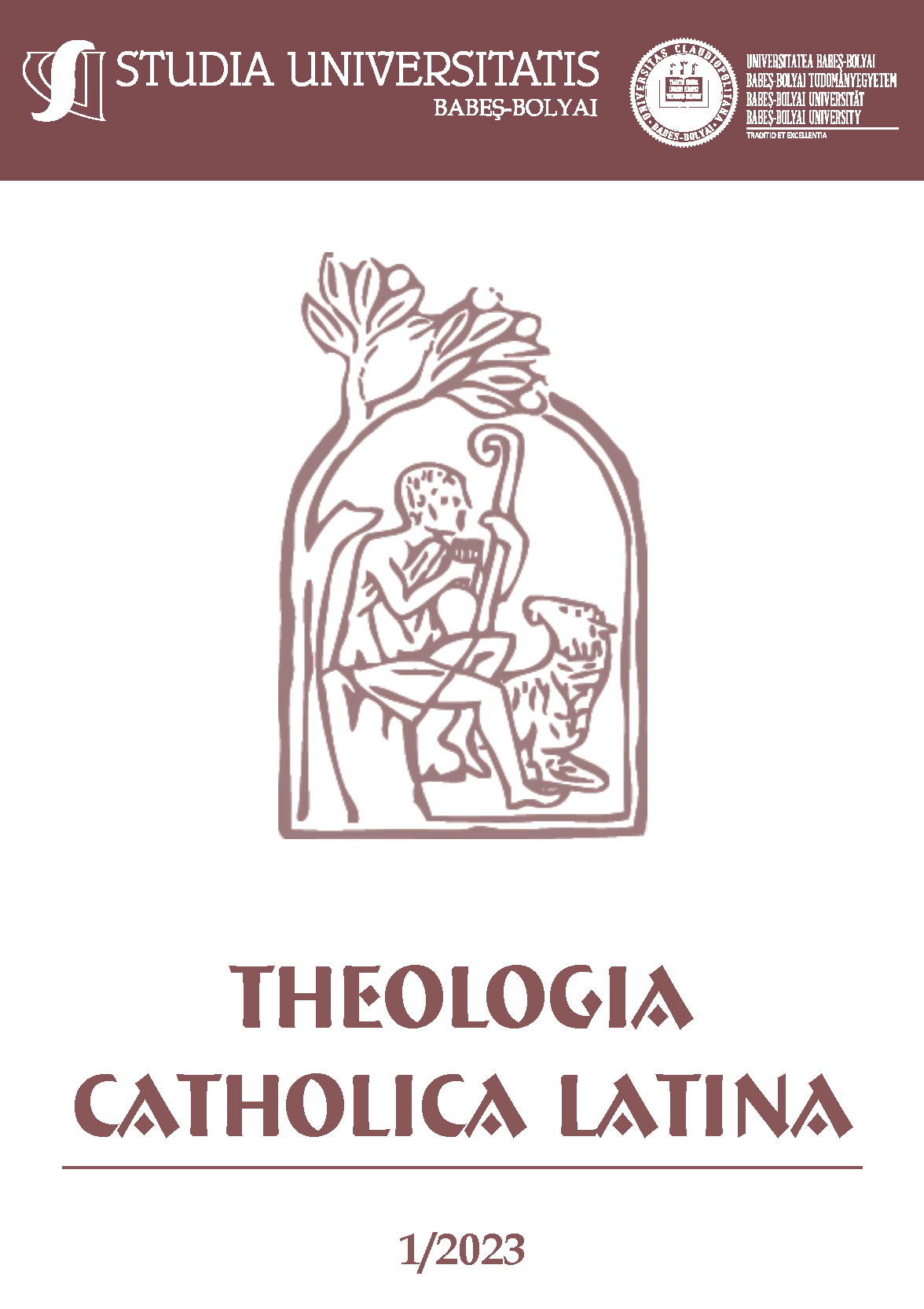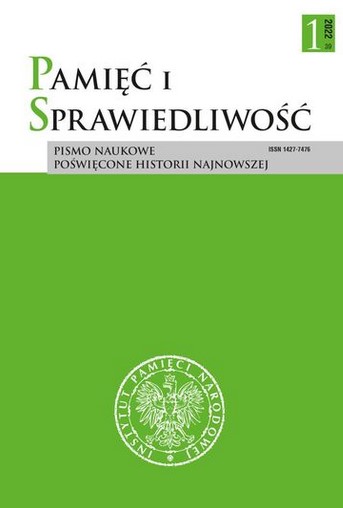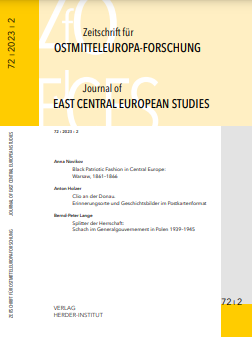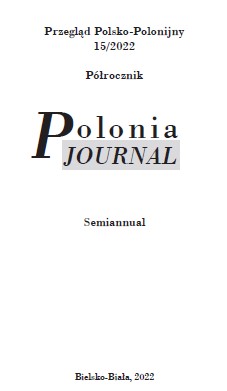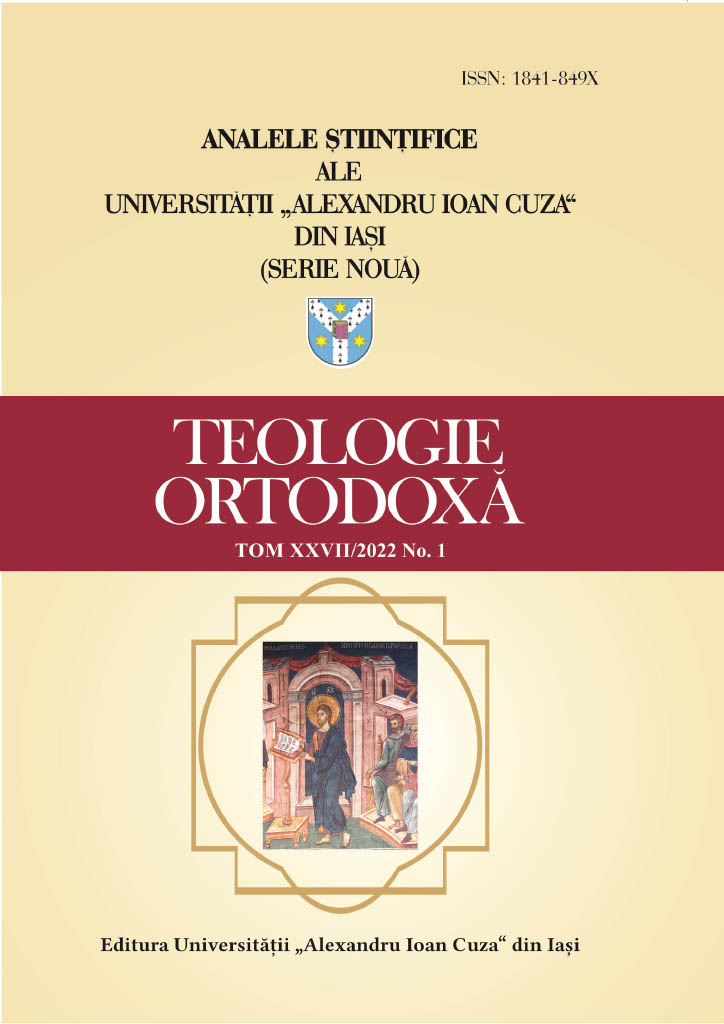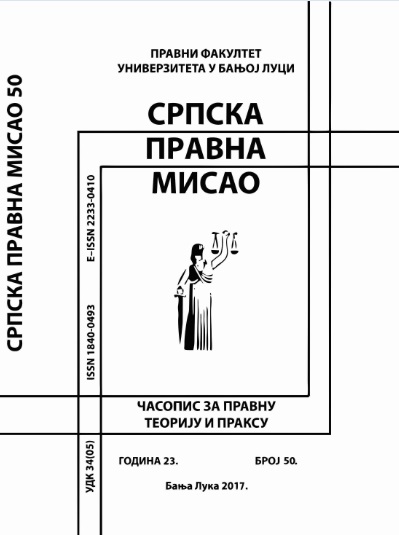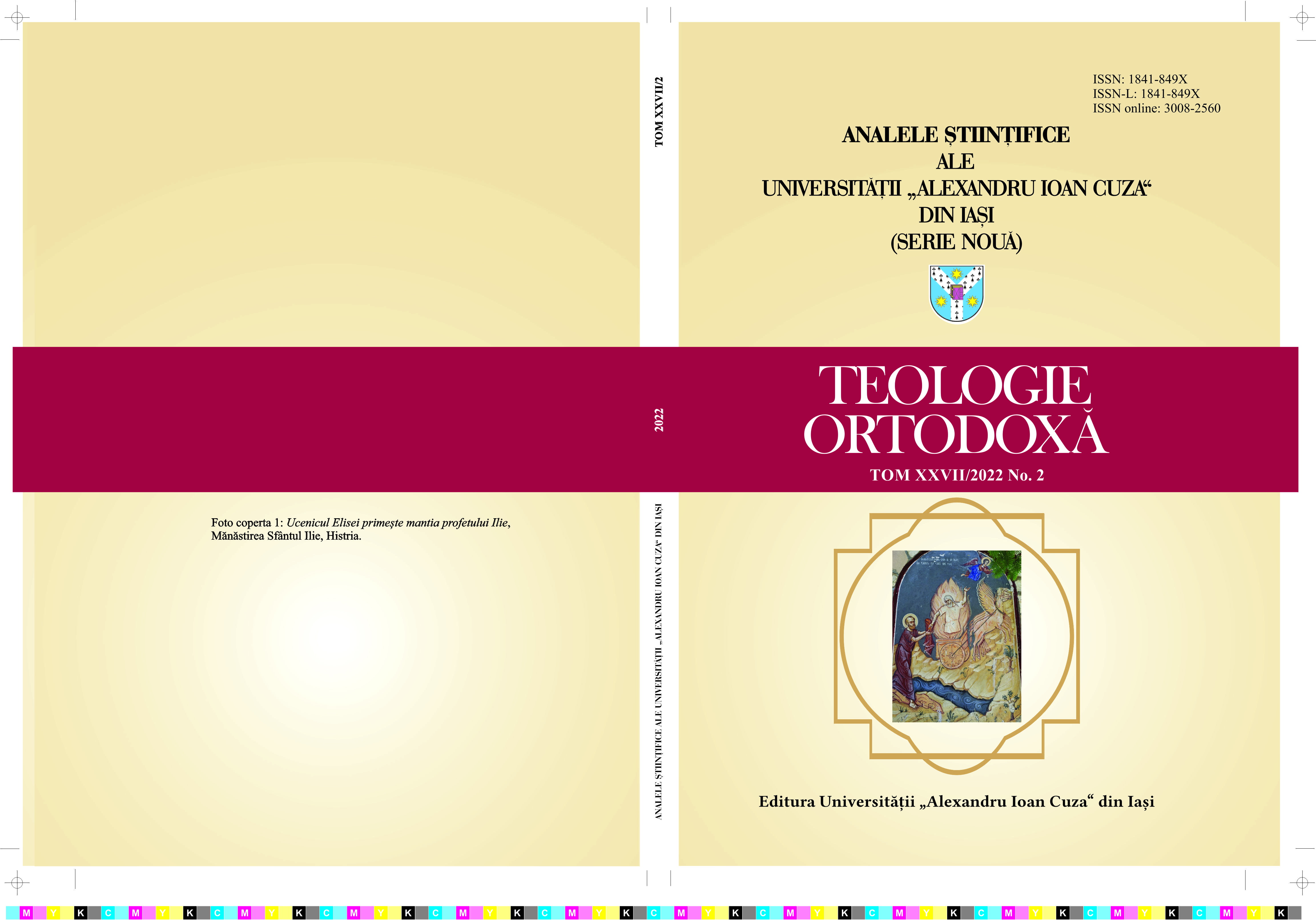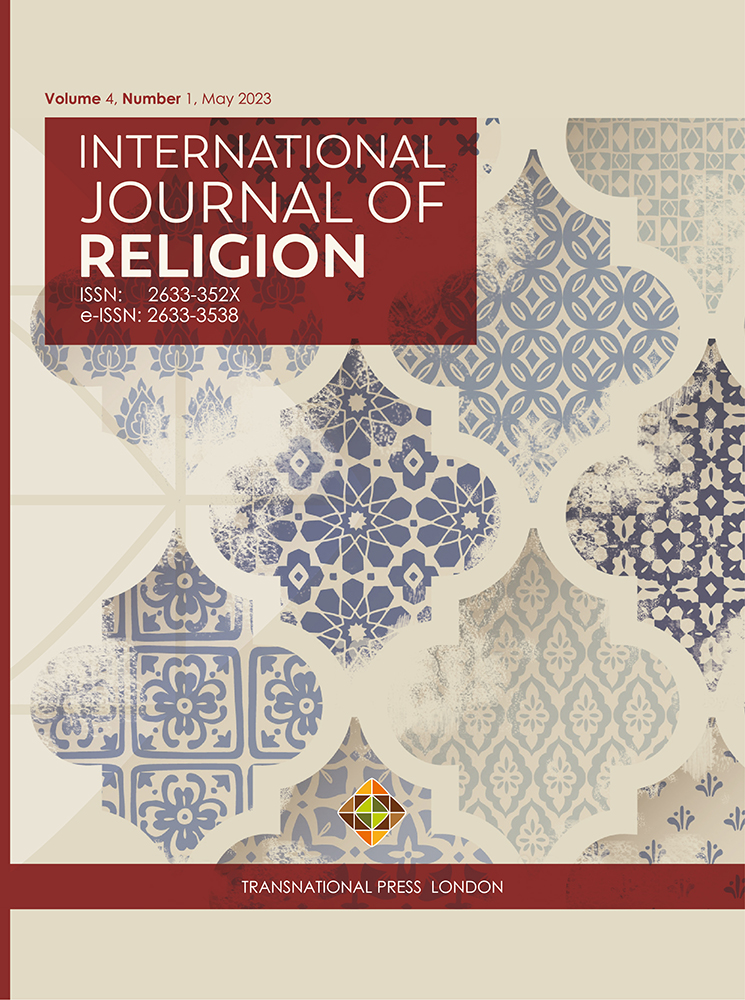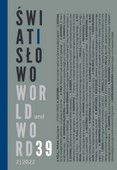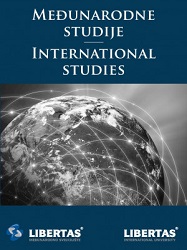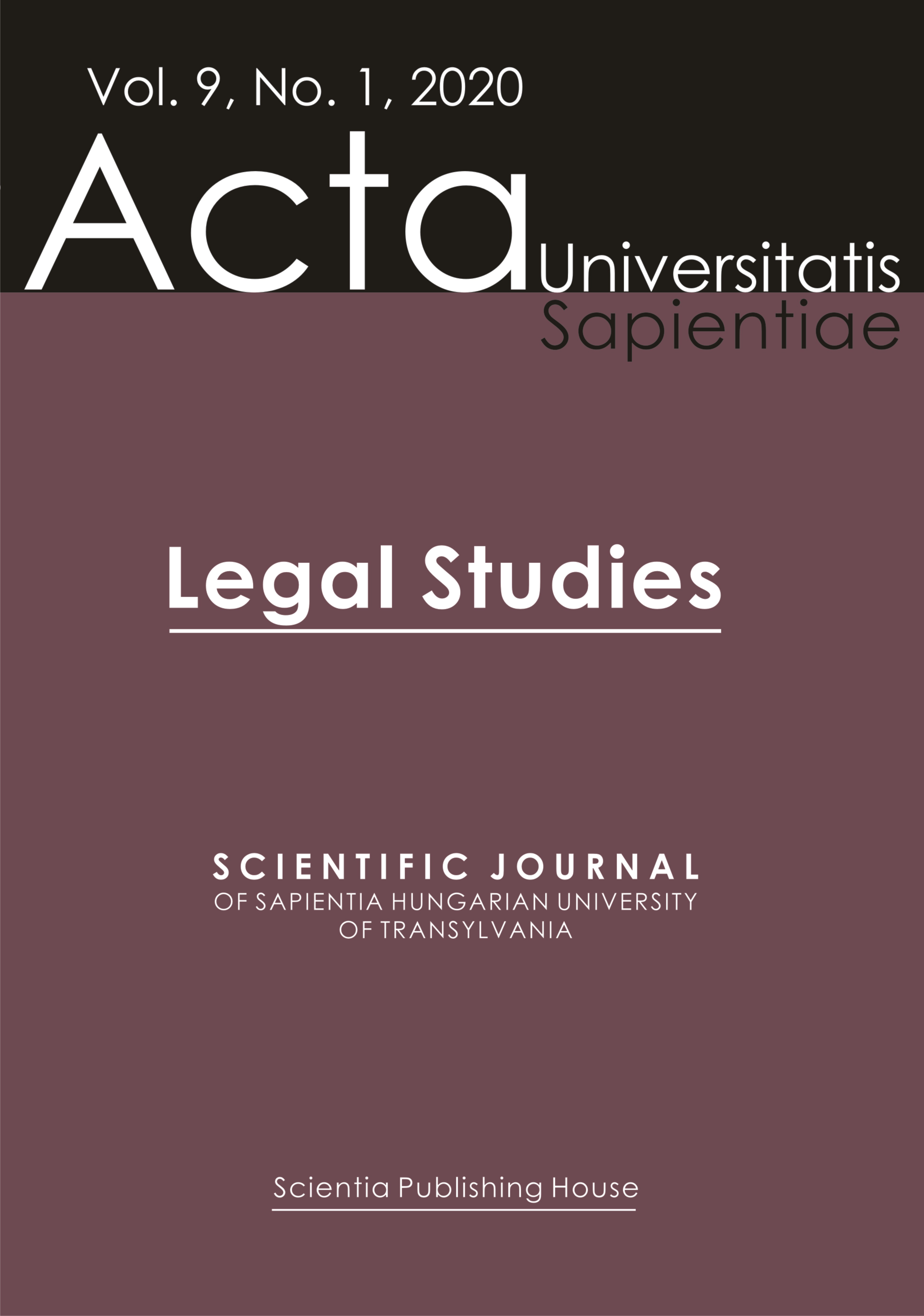
The Ecclesiastical Patrimony of the Romanian Church United with Rome from the Perspective of the Events of 1948
The author presents the historical process by which the Romanian Church United with Rome was supressed and forcibly merged into the Romanian Orthodox Church beginning in the late 1940s at the behest of Communist authorities, leading to the loss of its assets. The precursors of this process are presented, especially the efforts by the Romanian People’s Republic to modify the terms of its historic arrangements with the Catholic Church, the Concordat, and the withdrawal of the Romanian State from this arrangement. The study presents in detail, based on archival research conducted by the author in the archives of the former Securitate, and on legal norms (some of them classified at the time) the preparation and the pressure to which the Romanian Church United with Rome, its faithful and its clergy were subjected, in order to successfully force its so-called ‘return’ to the Orthodox Church. The author concludes the study by eliciting the fates of the remarkable clergymen who opposed the forced unification and were brutally punished by the Communist regime.
More...
